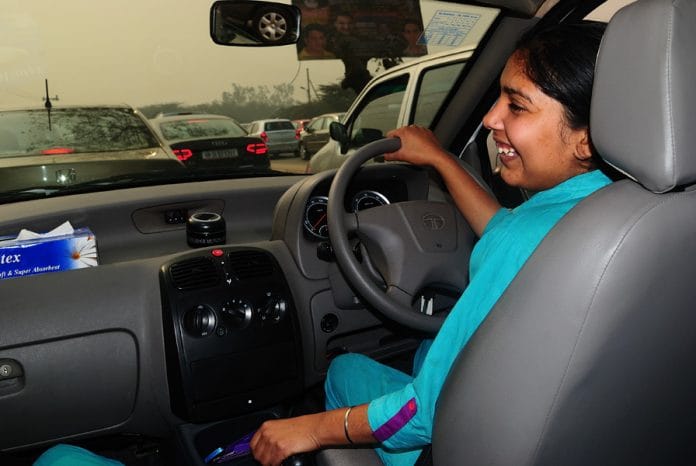The National Green Tribunal Saturday gave a nod to the Delhi government to go ahead with the odd-even scheme, as an emergency step to curb high air pollution levels in Delhi. However, it asked the government to remove all exemptions from the scheme except for emergency vehicles. In the light of this order, the Delhi Government decided to call off the implementation of the scheme from 13-17 November, stating it would not “compromise with the safety of women”.
Should emergency measures to tackle air pollution like the odd-even scheme have exemptions?
When I started working, the first thing I decided to buy was a car of my own. The harassment one goes through as a woman using public transport was enough to prompt me to put my savings into a depreciating asset; it wasn’t just a car for me, it was my independence.
This is why I oppose the new odd-even formula suggested by the National Green Tribunal, for it doesn’t give me freedom from groping or being molested. Like many other women, I want an exemption from odd-even, which at many levels is a faulty scheme anyway.
After a spate of horrible experiences on buses, the only other mode of transport available to me is the Delhi Metro. I live a couple of kilometres away from the nearest Metro station, and poor last-mile connectivity and erratic autorickshaw drivers are problems that just refuse to go away.
Here are other sharp perspectives on the odd-even scheme:
Ashutosh: Spokesperson, Aam Aadmi Party
Barun Aggarwal: CEO, BreatheEasy Consultants Pvt Ltd
Nipun Malhotra: co-founder & CEO, Nipman Foundation
Polash Mukerjee: senior researcher, air pollution team, Centre for Science and Environment
Will the NGT, the Delhi government or the Delhi Police guarantee my safety? Can they ensure I reach home safely at odd hours, which my duty as a journalist entails? And no, I cannot reach home within a ‘safe’ time period, because I have been given freedom by the Constitution of India to decide when I should get home.
It is interesting that out of so many exemptions in the original odd-even scheme, the only one that had been widely debated was the one given to women. Former transport minister Gopal Rai had held a session with women’s groups, the AAP government had even held public meetings attended by SDM-rank officers to record votes in favour and against exempting women. Some self-proclaimed feminist women leaders of AAP said they didn’t need exemptions as they truly believed in the tenets of equality.
But, of course, AAP can’t risk leaving women out of the exemptions’ list – one untoward incident, and it would be doomed. With social prejudices against women being the way they are, the personal vehicle is much, much more than just a means of commuting. It is empowering to a woman, and neither the NGT nor the Delhi government has any business taking it away from us.






